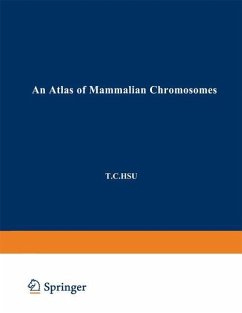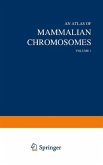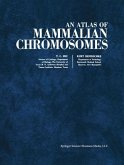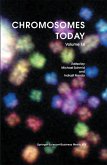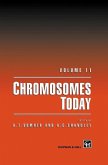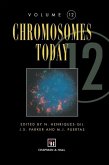In recent years, because of advances in karyological techniques, we have witnessed a remarkable renewal of interest in studies of mammalian chromosomes. These techniques, generally involving the use of tissue culture, colchicine and hypotonic solution pretreatments, allow for a much clearer display of metaphase chromosomes of mammalian cells than the classic direct squash or tissue section methods. Consequently, what was known about the chromosome complement of most mammals must be revised. The most astonishing revision, of course, was that made by Tjio and Levan in 1956, who demonstrated that the diploid number of man is 46, not 48 as previously believed. Similar revisions will have to be made for many other mammalian species, either in number or in karyotype structure. Many animals are being examined cytologically for the first time. The findings are now extensive and scattered; they appear in numer ous periodicals and newsletters, or they are kept in cytologists' file drawers without being published. It is difficult to have access to perti nent data for comparison among related species or for evaluation of various karyological characteristics within a karyotype. Such evaluations can be done only when reasonably uniform material is collected and placed side by side for comparison, accompanied by relative references. We considered that probably an Atlas of Mammalian Chromosomes would fulfill such a need. Needless to say, it is impossible to present karyotypes of all mam malian species at one time.
Dieser Download kann aus rechtlichen Gründen nur mit Rechnungsadresse in A, B, BG, CY, CZ, D, DK, EW, E, FIN, F, GR, HR, H, IRL, I, LT, L, LR, M, NL, PL, P, R, S, SLO, SK ausgeliefert werden.

